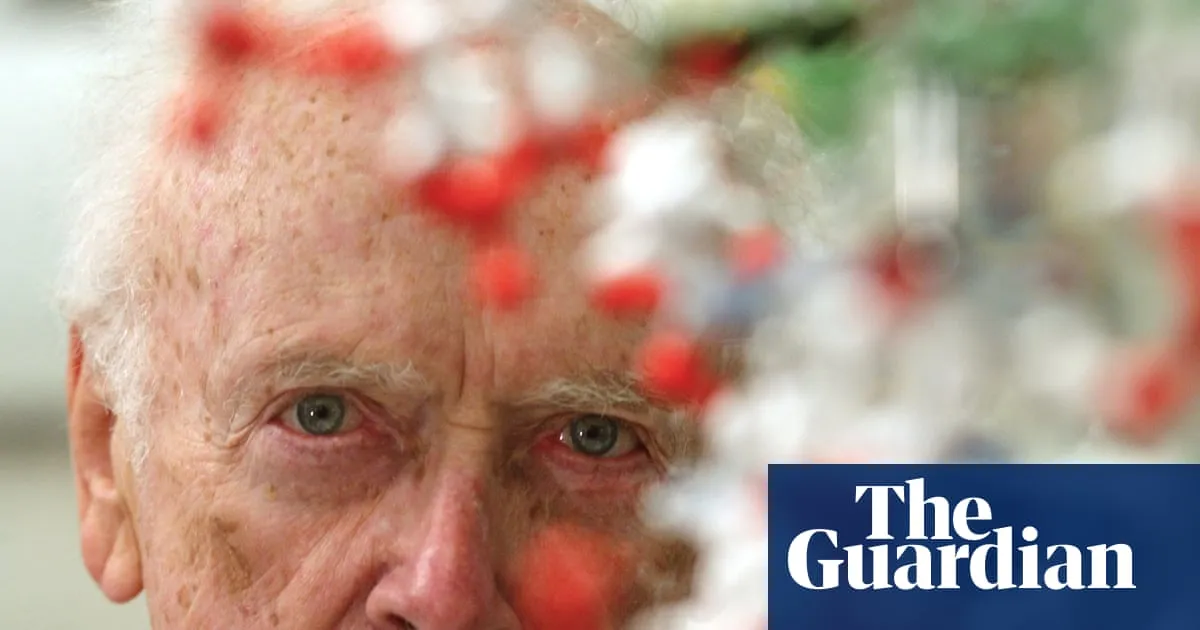
James Dewey Watson, renowned for his pivotal role in the discovery of the double helix structure of DNA in 1953, has passed away at the age of 97, as confirmed by his former research laboratory. Watson's discovery not only ignited a revolution in medicine, crimefighting, and genealogy but also raised significant ethical questions regarding the implications of genetic research.
The landmark breakthrough occurred when Watson was just 24 years old, marking him as a prominent figure in the scientific community for decades. Alongside Francis Crick and Maurice Wilkins, Watson was awarded the Nobel Prize in 1962 for unveiling the structure of deoxyribonucleic acid, or DNA. This discovery revealed that DNA forms a double helix, resembling a twisted ladder, which fundamentally changed our understanding of how hereditary information is stored and replicated within cells.
The implications of the double helix discovery were far-reaching, leading to advancements in genetic engineering, disease treatment, forensic science, and ancestry tracing. The visual representation of the double helix became an iconic symbol of scientific progress, appearing in various cultural contexts, including art and postage stamps.
Watson's controversial views continued to resonate negatively; in a 2019 documentary, when asked if his perspectives had changed, he stated, "No, not at all." The Cold Spring Harbor Laboratory subsequently revoked several honorary titles bestowed upon him, citing his remarks as "reprehensible" and unsupported by science.
Watson's initial motivation to support the Human Genome Project was deeply personal, stemming from his son Rufus' hospitalization for a potential diagnosis of schizophrenia. Watson believed that understanding the complete structure of DNA could provide crucial insights into the disease. His dedication to science was evident throughout his career as he mentored young scientists, wrote influential textbooks, and contributed to important scientific policies.
Born on April 6, 1928, in Chicago, Watson grew up in a family that valued education and critical thinking. His fascination with genetics began at the age of 17 after reading about the fundamental role of genes in life. Watson pursued his studies in Europe, where he became captivated by the potential of DNA structure, which ultimately led to his groundbreaking discovery alongside Crick.
Though Watson never replicated the monumental success of his initial discovery, he continued to influence the scientific landscape through his roles at Harvard and as director of the Cold Spring Harbor Laboratory. He transformed the lab into a center for both scientific research and public education, focusing on cancer research and raising significant funds for various initiatives.
Watson's legacy is a complex tapestry woven with remarkable scientific accomplishments and controversial statements. His contributions to the understanding of DNA have undoubtedly changed the course of science and medicine, while his later remarks serve as a reminder of the ethical responsibilities that accompany scientific discovery.
James Dewey Watson's passing marks the end of an era, leaving behind a legacy that will continue to provoke discussion about the intersection of science, morality, and societal impact.